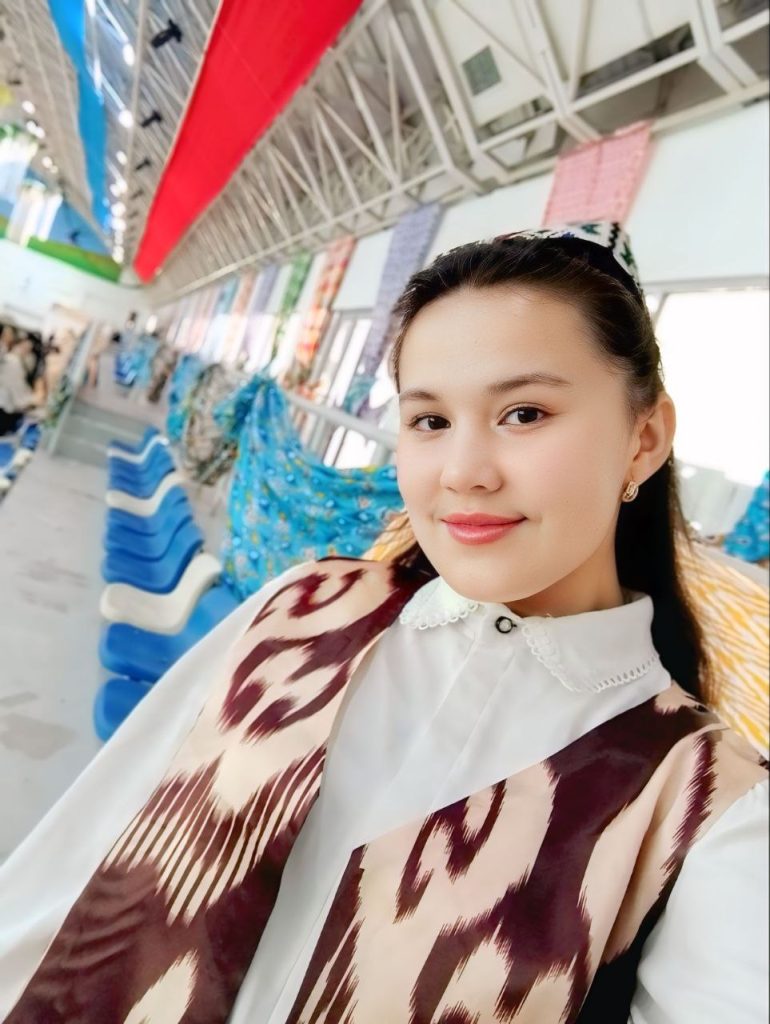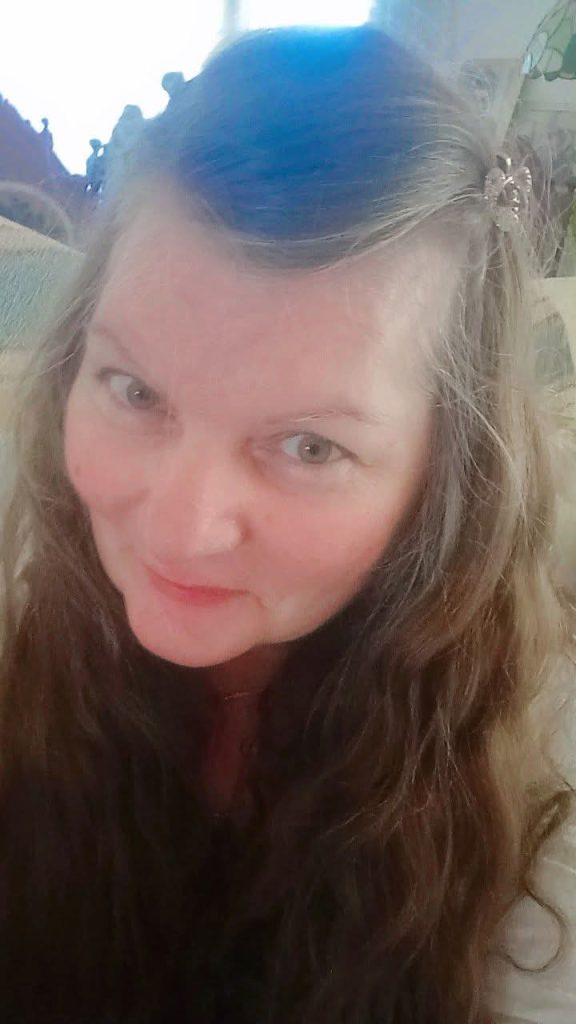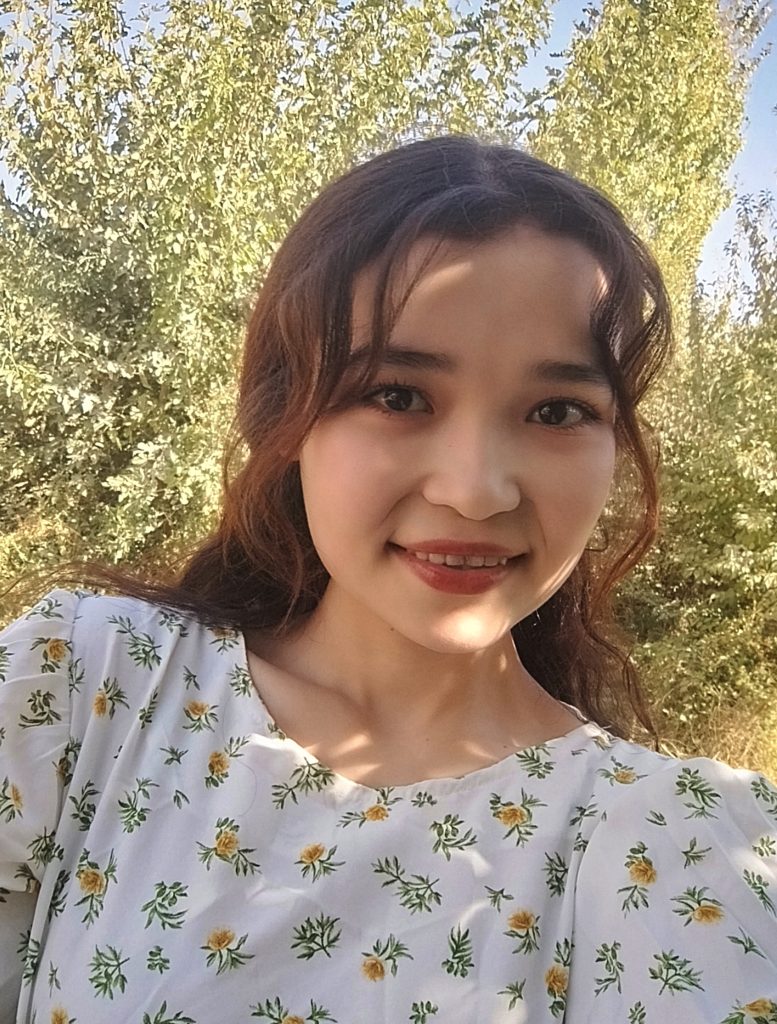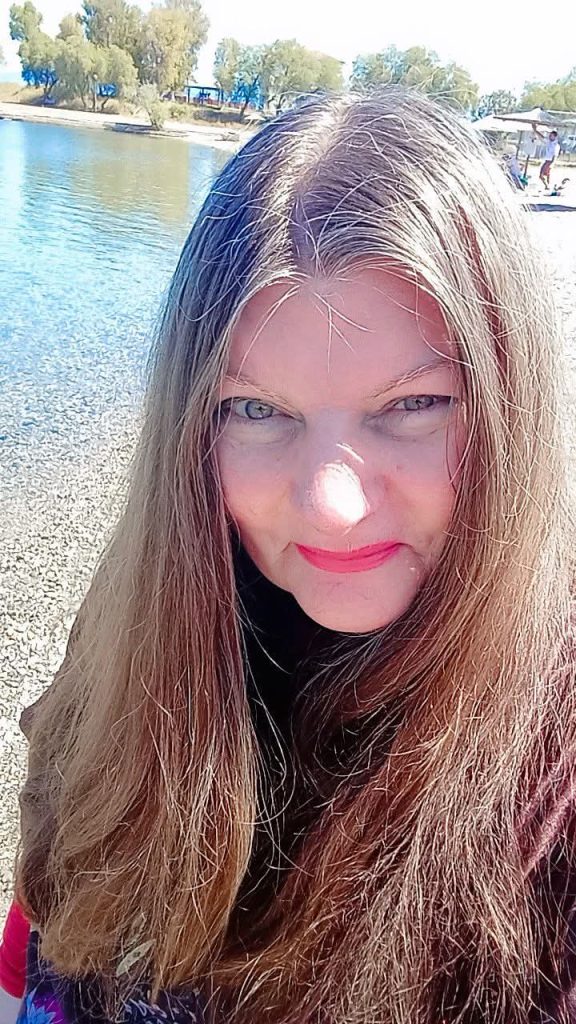
Forming the Ecological Consciousness of Youth
At the end of the 20th and beginning of the 21st centuries, the global ecological crisis has deepened: atmospheric pollution, climate change, deforestation, water resource depletion, and soil degradation pose a serious threat to human life. This situation shows that neglect of nature ultimately returns to man himself. In this regard, the issue of forming the ecological consciousness and culture of youth should be the focus of attention not only of the education system, but also of the entire society.
Because today’s youth are the owners of tomorrow. Their attitude to nature will determine the ecological sustainability and quality of life of society in the future. The formation of ecological culture is understood not only as providing information about nature, but also as forming in the younger generation love for nature, environmental responsibility, the habit of saving resources, and the ability to apply ecological thinking in practical activities. Ecological consciousness is a level of human thinking in which a person considers it his duty not to subjugate nature to his own interests, but to preserve it, to maintain natural balance. A person strives to live in harmony with nature as an integral part of his life.
The process of forming such consciousness is complex and gradual. This depends, first of all, on family, school and public education. In the family, a child observes the attitude of his parents to nature, and at school he receives theoretical knowledge through ecology and natural science lessons. But the most important thing is practical learning, that is, direct contact with nature.
The education system plays a special role in the process of ecological education. Environmental trainings, ecological clubs, and “Green Space” campaigns held in schools, colleges, and universities help young people avoid apathy. In addition, initiatives such as “Eco-schools,” “Young Environmentalists’ Circles,” and “Eco-marathons” encourage young people to be environmentally conscious. Instilling elements of ecological culture in every lesson and event is an educational strategy that yields long-term results. For young people living in the digital age, environmental problems are not only related to nature, but also to technology. Electronic waste, excessive consumption, plastic use, and energy waste are all directly affecting the lifestyle of modern young people.
Therefore, the formation of environmental awareness should not be limited to planting trees or cleaning up garbage. It broadly refers to the philosophy of sustainable development: that is, a person takes into account the interests of nature in every decision he makes in his life.
For example, saving water, turning off electricity, using recyclable materials instead of plastic, and separating waste are simple but very important habits that demonstrate the ecological awareness of young people in everyday life. Ecological education is an investment in the future. Raising an ecologically conscious generation is the most important investment in the future. Because environmental problems are solved not by technology, but by people themselves. A responsible attitude towards nature is culture, this is education, this is an indicator of the level of consciousness.
If today’s youth are ecologically conscious, responsible and active, then in the future our country will have a healthy environment, clean air, green cities, and environmental safety.
The formation of ecological awareness is not only the task of environmental science, but also the general responsibility of the entire society. Nature is not an inheritance for us, but a reliable trust that we pass on to our children. Therefore, the formation of the ecological culture of young people is the greatest gift not only for today, but also for future generations.
When young people love nature, protect it, value every tree, save water, and dispose of waste properly, they will develop an ecological consciousness and become responsible individuals.
Bekturdiyeva Nozima Mardonbek qizi was born on July 22, 2006, in Yangiariq District, Khorezm Region, Republic of Uzbekistan. She graduated from a secondary specialized school and is currently a second-year student at Urgench State University named after Abu Rayhon Beruni.





